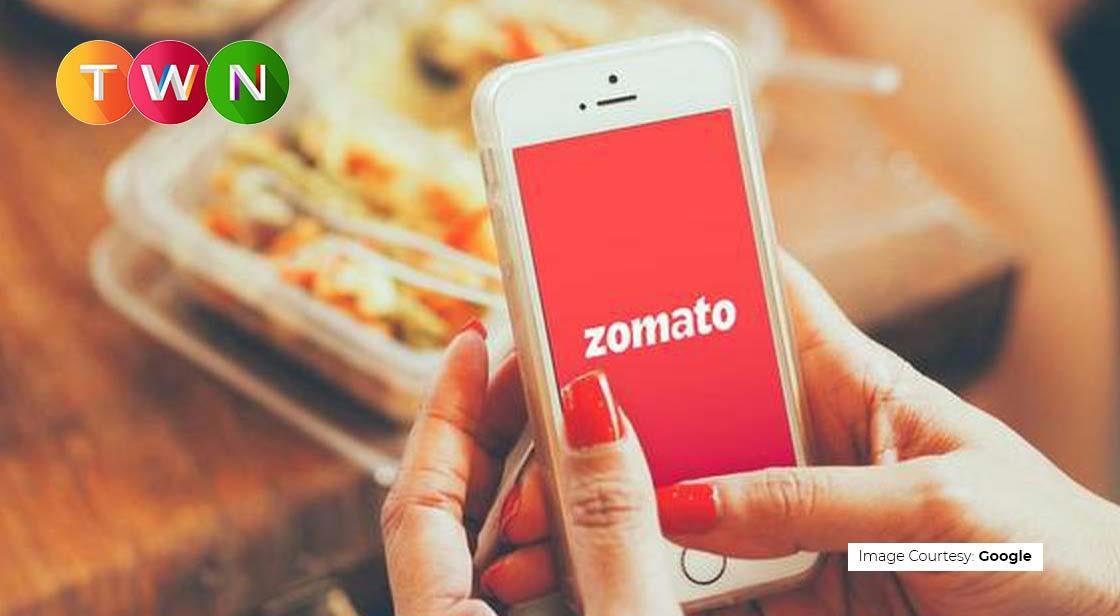Zomato Injects ₹1,500 Crore into Blinkit for Expansion

News Synopsis
Zomato has made a fresh investment of ₹1,500 crore into its quick-commerce subsidiary, Blinkit, as per regulatory filings with the Registrar of Companies (RoC). This latest cash infusion follows a previous ₹500 crore investment just a month ago, highlighting Zomato’s aggressive approach to maintaining Blinkit's market leadership. The funding aims to accelerate Blinkit’s expansion efforts, particularly in setting up new dark stores.
Blinkit's Ambitious Expansion Plan: 2,000 Dark Stores by 2026
Blinkit has outlined an ambitious growth plan to establish 2,000 dark stores by the end of 2026. Dark stores are strategically placed fulfillment centers designed to expedite deliveries and optimize operational efficiency. By scaling up its dark store network, Blinkit seeks to improve delivery speed and cater to a broader customer base in the competitive quick-commerce sector.
Diversification of Product Offerings to Boost Order Value
In addition to expanding its physical presence, Blinkit is also diversifying its product portfolio to enhance its average order value (AOV). The platform has begun offering a wider range of stock-keeping units (SKUs), including high-value items such as televisions, laptops, and printers. This move is expected to attract a broader consumer base and increase the overall revenue per transaction.
Zomato's Continued Financial Backing for Blinkit
With this latest investment, Zomato has poured a total of ₹4,300 crore into Blinkit since acquiring the online grocery delivery firm in August 2022. The company had previously raised ₹8,500 crore in November 2023 through a qualified institutional placement (QIP). This capital-raising effort was primarily aimed at strengthening Zomato’s balance sheet while ensuring sufficient liquidity to support Blinkit’s expansion.
Blinkit's Road to Profitability and Rising Competition
Despite aggressive expansion, Blinkit has been making strides toward achieving operational breakeven. In Q2FY25, the company was close to reaching this milestone, demonstrating promising financial sustainability. However, the rapid opening of new dark stores in Q3FY25 led to increased operational losses, which surged to ₹103 crore. The company has stated that it will continue opening dark stores at a fast pace until it reaches the 2,000-store target, necessitating further financial investments.
Intensifying Rivalry with Zepto and Swiggy Instamart
The quick-commerce sector in India is becoming increasingly competitive, with major players ramping up their expansion strategies. Blinkit faces stiff competition from Zepto, which is reportedly burning through ₹350-400 crore per month to capture a larger market share.
Swiggy Instamart, another key competitor, is also focusing on rapid expansion. The company is not only opening more dark stores but is also investing in larger facilities known as "megapods" to accommodate an extensive range of SKUs. To strengthen its supply chain infrastructure, Swiggy recently announced a ₹1,000 crore investment in its subsidiary Scootsy, which manages dark store operations for Instamart.
Market Impact and Zomato's Stock Performance
The recent investment in Blinkit reflects Zomato’s long-term vision for quick-commerce dominance. However, despite the aggressive expansion plans, Zomato’s stock closed 3.32% lower at ₹222.60 per share on the Bombay Stock Exchange (BSE) following the announcement. Investors are likely weighing the short-term financial strain against the potential for long-term profitability.
Conclusion: A Strategic Bet on Quick Commerce
Zomato’s continued investments in Blinkit underscore its commitment to the quick-commerce segment, a rapidly growing sector in India's e-commerce landscape. By expanding its dark store network, diversifying product offerings, and keeping pace with its competitors, Blinkit is positioning itself for sustained market leadership. However, with high cash burn rates and growing competition, the road to profitability remains challenging.
You May Like









